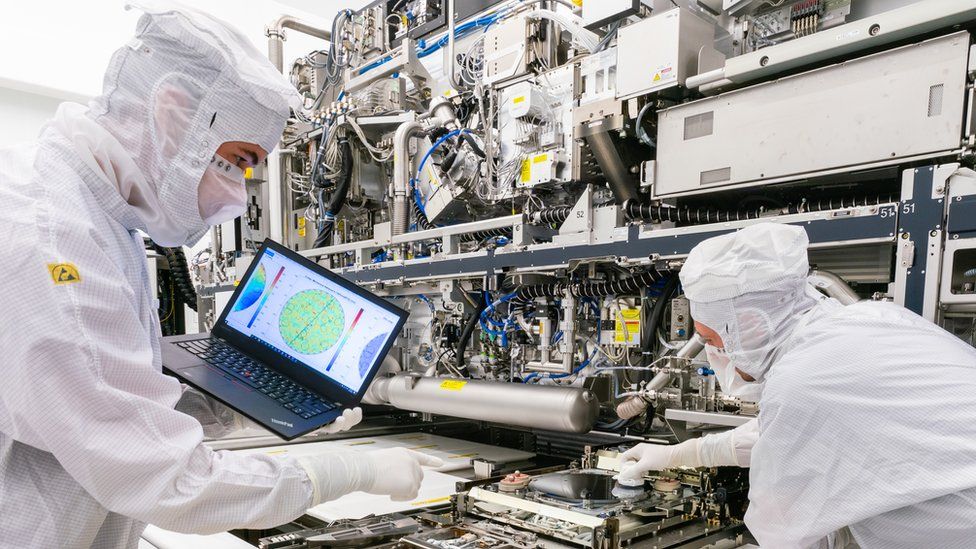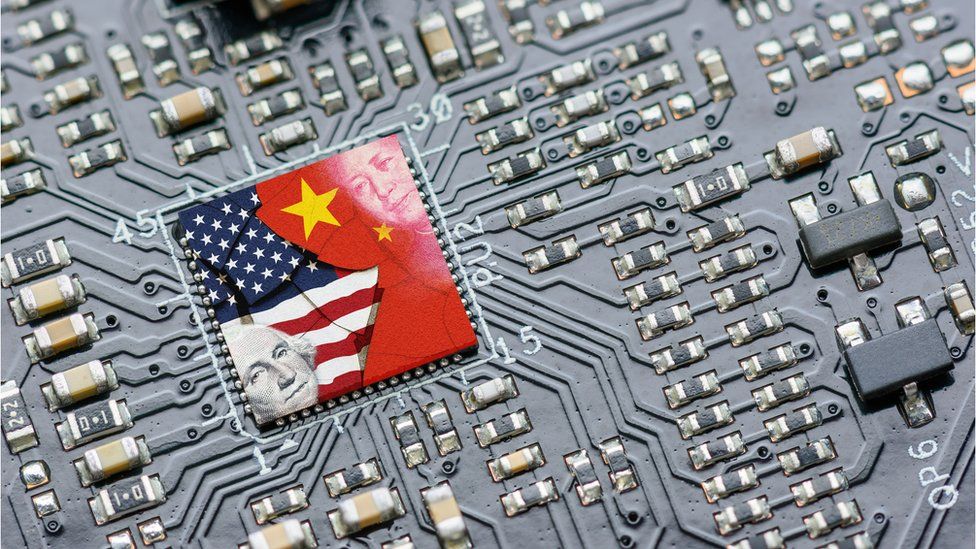US-China chip war: Netherlands moves to restrict some exports
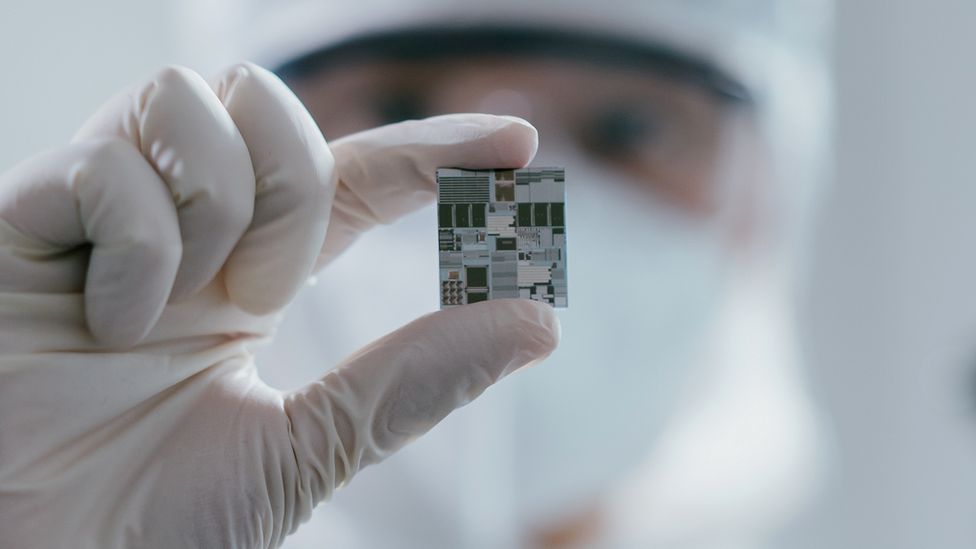
The Dutch government says before the summer it will put restrictions on the country’s “most advanced” chip exports to protect its national security, following a similar move by the US.
It will include technology produced by computer chip equipment maker ASML.
ASML is one of the most important firms in the global microchip supply chain.
Semiconductors, which power everything from mobile phones to military hardware, are at the centre of a bitter dispute between the US and China.
“This is a real step forward, a real victory for the US and also very bad news for China. US-China relations are already in a pretty bad place. This clearly will make things even worse,” Dexter Roberts, a senior fellow at the Washington-based Atlantic Council think tank, told the BBC.
The measures will affect “very specific technologies in the semiconductor production cycle,” the country’s trade minister Liesje Schreinemacher said.
“The Netherlands considers it necessary on national and international security grounds that this technology is brought under control as soon as possible,” she said in a letter to lawmakers on Wednesday.
Ms Schreinemacher added that the Dutch government had considered “the technological developments and geopolitical context,” without naming China or ASML.
Under the new rules, companies would have to apply for licenses to export technology including “the most advanced Deep Ultra Violet (DUV) immersion lithography and deposition”.
ASML said in a statement that it expects the restrictions to apply to its “most advanced immersion DUV systems”.
The company added that “based on today’s announcement, our expectation of the Dutch government’s licensing policy, and the current market situation, we do not expect these measures to have a material effect on our financial outlook.”
Lithography machines use lasers to print miniscule patterns on silicon as part of the manufacturing process of microchips.
Since 2019 the Dutch government has stopped ASML from selling its most advanced lithography machines to China.
In October, Washington announced that it would require licences for companies exporting chips to China using US tools or software, no matter where they are made in the world.
The US has been pushing the Netherlands and Japan to adopt similar restrictions.
Meanwhile, South Korea’s trade ministry raised concerns over the US policy on semiconductors earlier this week.
“The South Korean government will make it clear that the conditions of the Chips Act could deepen business uncertainties, violate companies’ management and technology rights as well as make the United States less attractive as an investment option,” the ministry said.
South Korea is home to major microprocessor manufacturers including the world’s biggest memory chip maker Samsung.

You may also be interested in:
This video can not be played
To play this video you need to enable JavaScript in your browser.
Related Topics
-
-
21 February
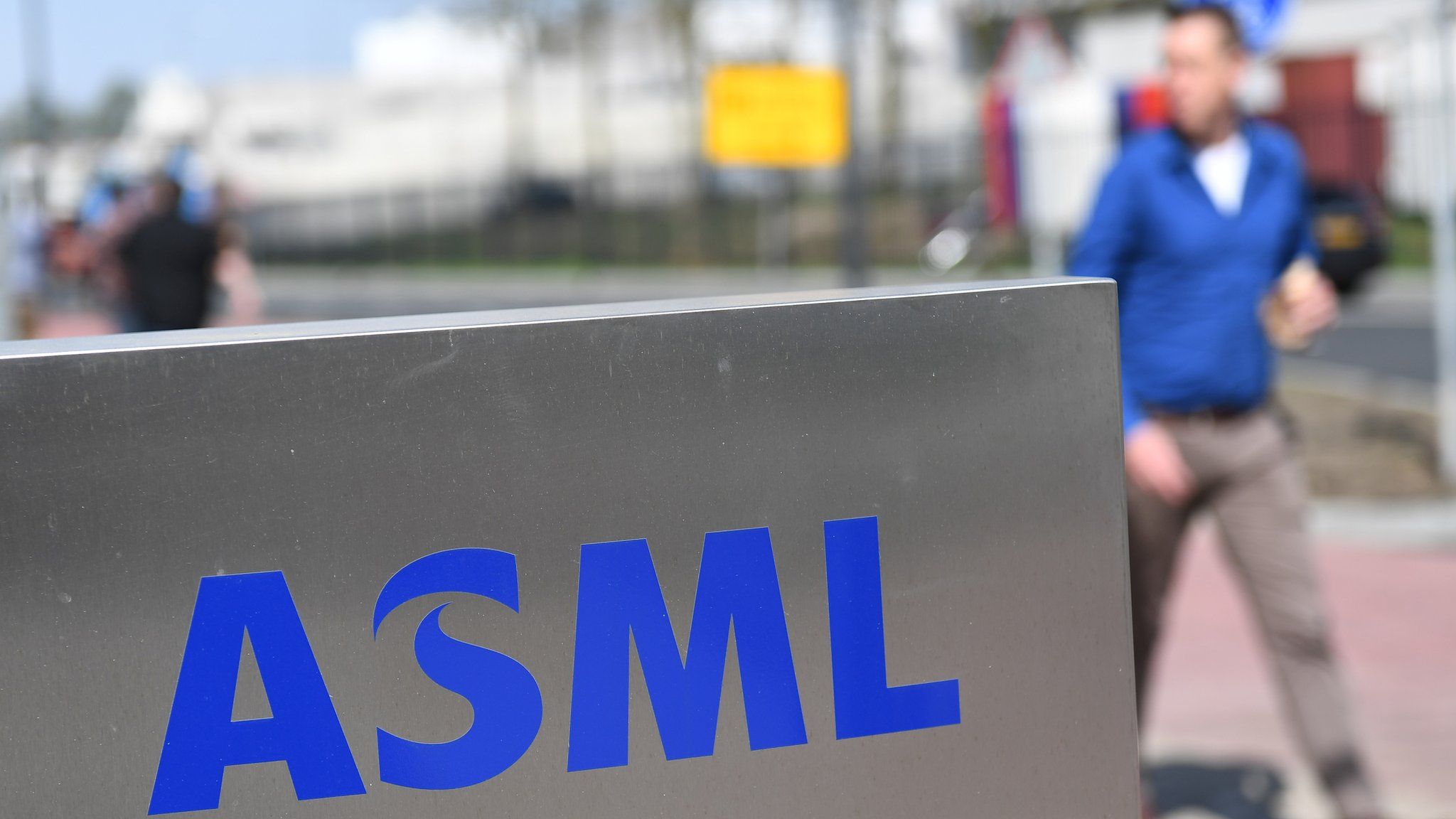
-
-
-
16 December 2022
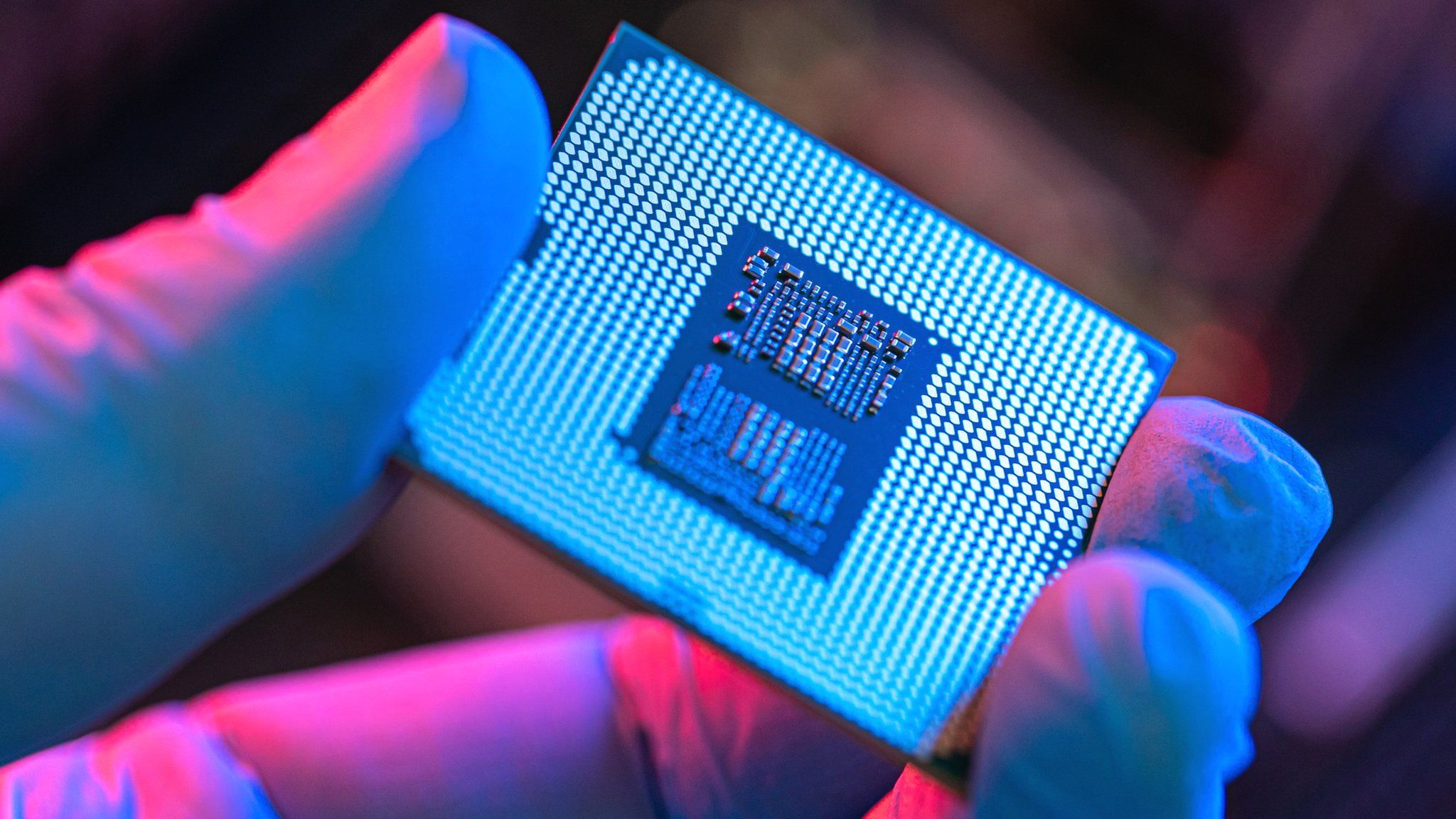
-

